EU referendum: Cameron warns prices would rise if UK leaves EU
- Published
- comments
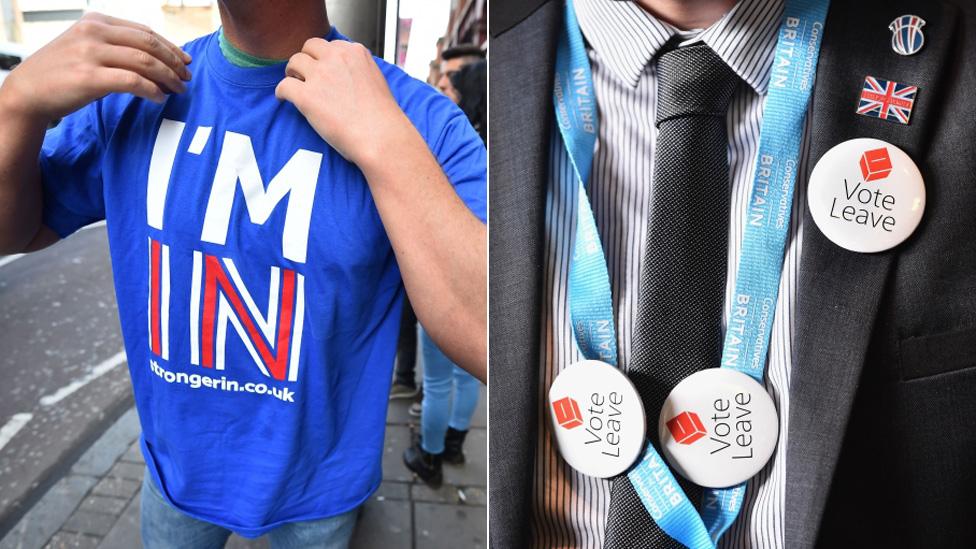
Household bills would rise and wage growth slow if the UK voted to leave the EU, David Cameron has warned.
The prime minister said the weekly shop would increase by almost 3% - equivalent to an extra £120 a year on food and drink for the average family.
The former bosses of four major High Street retailers said Brexit would increase prices and put jobs at risk.
But the Economists for Brexit group argues that leaving the EU would boost the UK economy by 4% in 10 years.
Both sides in the EU referendum debate stepped up warnings on the core issues of the economy and immigration.
Follow the latest on the EU campaign
The UK's EU vote: All you need to know
Reality Check: Would Brexit push up prices?
As he sought to focus his arguments on the economy, Mr Cameron wrote in The Sun on Sunday, external that clothes prices would also rise by 5%.
He questioned whether such price increases would be "worth it".
Mr Cameron told ITV's Peston on Sunday that the analysis was based on a "simple and straightforward" calculation that the UK's exit from the EU would lead to a 12% fall in the value of sterling and a sharp rise in inflation.
"Today we're part of a single market of 500 million people. The Leave campaign want us to come out of that market," he said.
"If we are doing less trade, less investment, that is going affect our economy. That will make us poorer as a country. In the end, it's not surprising if your currency falls."
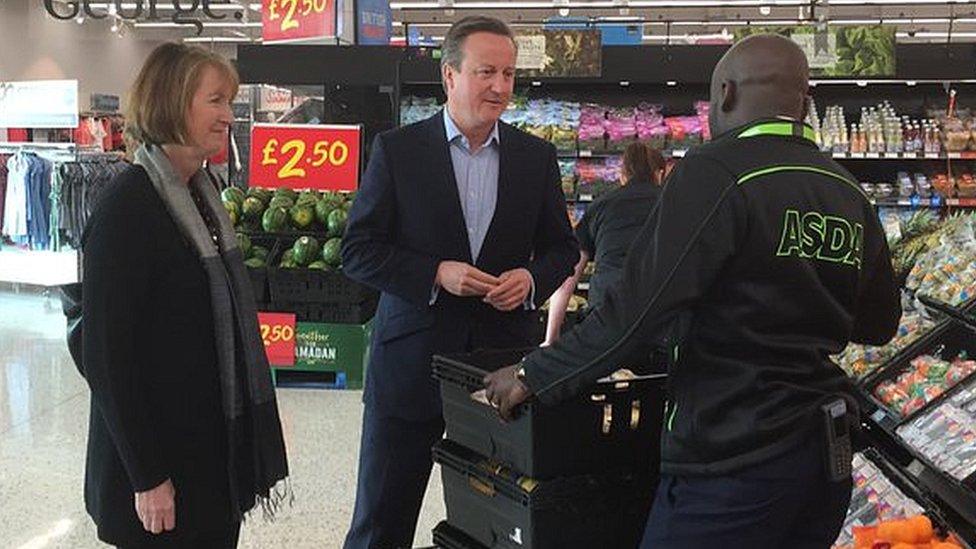
David Cameron visited a supermarket with Harriet Harman to emphasise what he said would be a big jump in food prices after EU exit
Former chiefs of Tesco Sir Terry Leahy, Sainsbury's Justin King, Marks & Spencer Marc Bolland and B&Q owner Kingfisher have warned that leaving the EU could have a "catastrophic" impact on Britain's economy.
In an article in the Mail on Sunday, external they said it would send prices in the shops higher and risk a rise in inflation, job losses and further falls in the pound.
Other EU countries could "exploit" exit negotiations for their own benefit, they added, saying: "It's difficult to imagine that French farmers will continue to allow British lamb to be freely imported."
However, there have been competing claims by opposing sides over what impact leaving the EU would have on the UK's economy.
A group of eight influential economists from the group Economists for Brexit previously argued that leaving the EU would boost the UK economy by 4% in 10 years, and prices in the UK would fall by 8% without EU import tariffs.
Also on Sunday, Leave campaigners warned that if Britain remained in the EU it would be vulnerable to the entry of murderers, terrorists and kidnappers from countries on the path to EU membership.
The accession of Turkey, Albania, Montenegro, Serbia and Macedonia would bring 12,726,000 guns into the single market, Vote Leave said.
The government insists that the UK and other EU members have a veto on new members joining the EU.
But armed forces minister Penny Mordaunt said the migrant crisis was likely to accelerate Turkey joining the EU and the referendum was the UK's "only chance" of making clear its opposition.
She told BBC One's Andrew Marr Show: "I don't think the EU is going to keep Turkey out. It is going to join. It is a matter of when.
"If you are going to pursue an expansion policy, you have to allow us the tools to protect our own interests, to protect our national security.
"That we do not have. If you are going to ever expand the EU, you have to allow us to mitigate the security risk that comes with that."
Writing in the Mail on Sunday, external, former Labour Chancellor Alistair Darling accused Leave campaigners of "fearmongering" over new countries joining the EU.

EU referendum: In depth
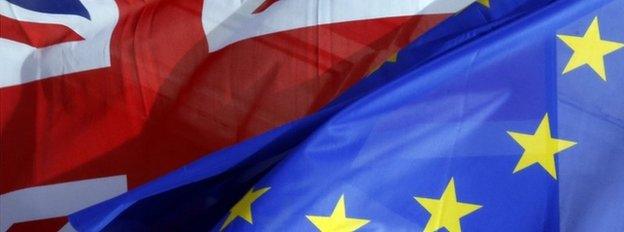

With just over a month to go until the 23 June referendum, a poll by Sunday newspaper The Observer and Opinium, external has suggested that Conservative voters are switching to the Remain camp.
According to the poll, 48% of Tory backers say they want to stay in the EU, compared with 41% who want to leave.
The first Opinium/Observer referendum poll in early April, external showed 44% of Conservative voters in favour of leaving against 39% who backed staying in.
With a little over a fortnight until the 7 June voter registration deadline, 28 million UK households are to be targeted in a £2.4m campaign by the Electoral Commission, external to persuade people to vote, starting this week.
As well as a major advertising campaign, every known household with a postal address in the UK will be sent a booklet on how to register to vote, and what to do on polling day.
- Published21 May 2016
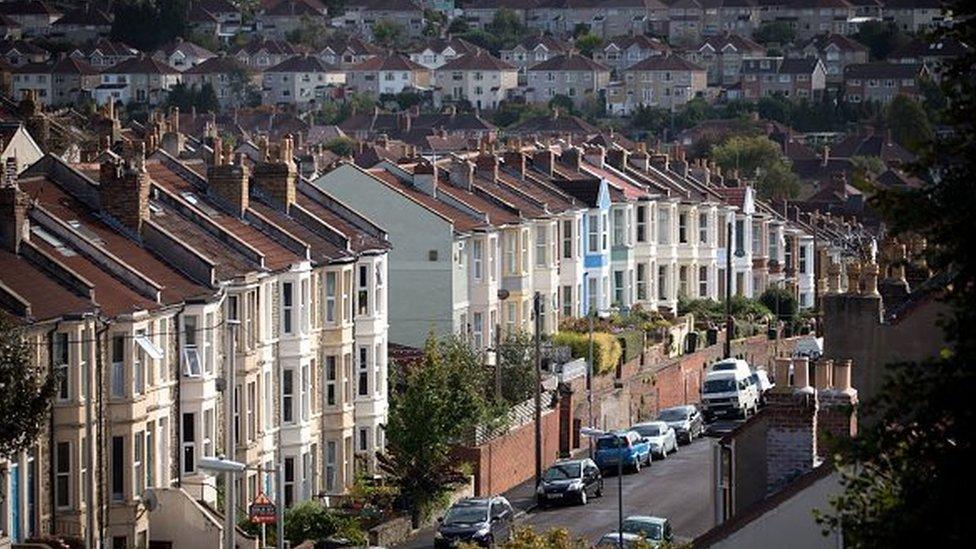
- Published18 April 2016
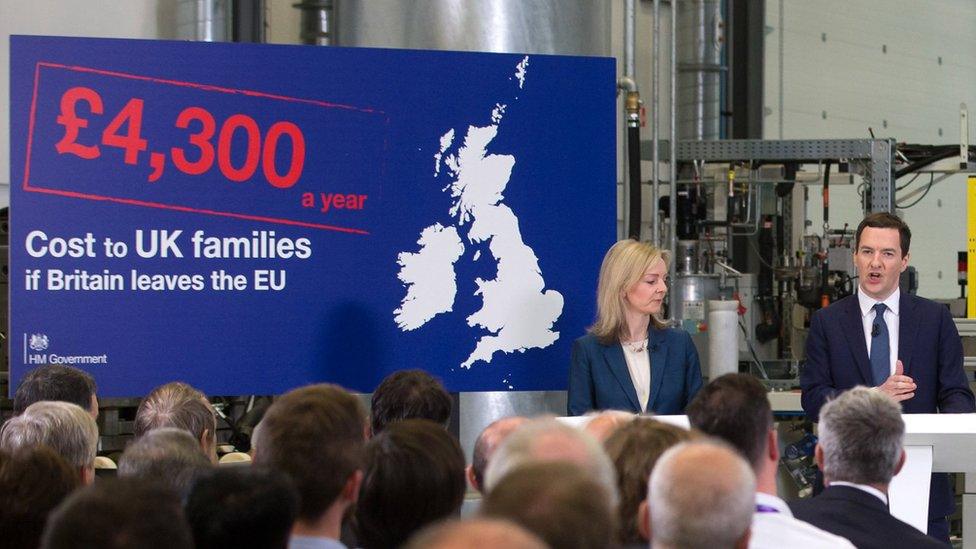
- Published10 May 2016
- Published23 February 2016
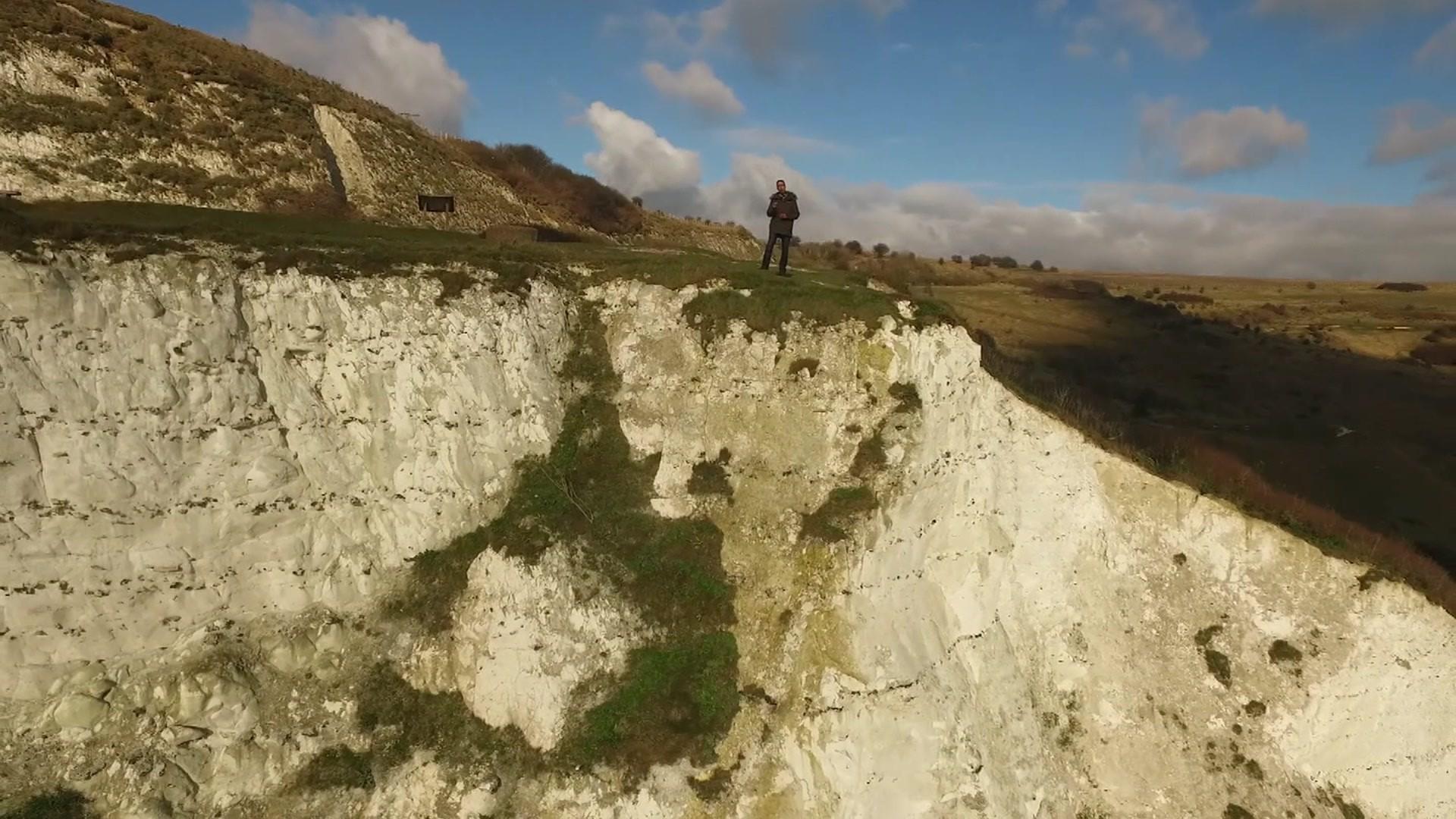
- Published20 May 2016

- Published11 March 2016
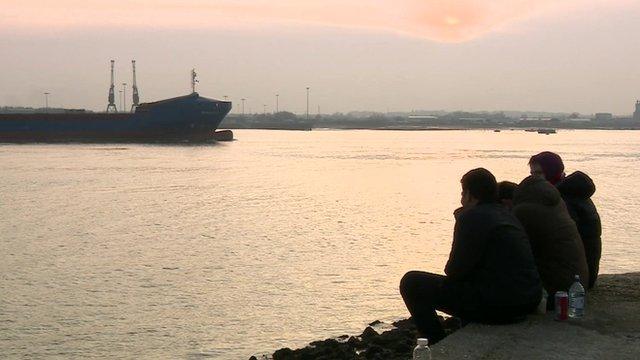
- Published29 April 2016

- Published30 December 2020
